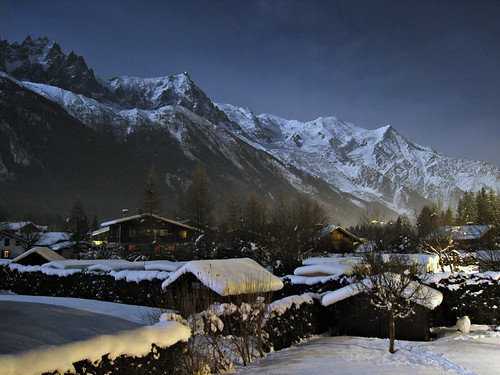
Now that the Olympics are over, we’ll be going back to some more random names, starting with Eclectic, Alabama.
Eclectic is a small town of just over 1000 people in Elmore County, Alabama. The post office was opened there in 1879 and the town was incorporated in 1907.
So, how did it get its name? According to Wikipedia, there are two theories. The first is that it was named by a local who had taken an “eclectic” course of study at school and apparently named the town after the various surrounding geographic areas, (which I’m guessing are eclectic). The second is that the name was supposed to be “Electric” but somebody messed up somewhere, or the name was otherwise corrupted to Eclectic. In the late 1800s the town appeared on some maps as Electric.. However, since the post office was established in 1879, it may be that “Electric” is the mistake and “Eclectic” is the real name. Who knows.
Edit:It turns out that David knows, and the whole “Electric” thing is a big mistake. See his comment below for clarification, and more about where the name “Eclectic” actually came from.
In the meantime, enjoy a video of some mudbogging in Eclectic:





